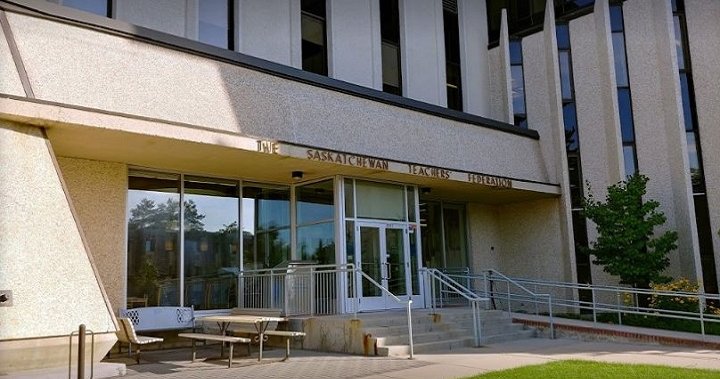The Saskatchewan Teachers’ Federation has been negotiating a new collective agreement with the province, with bargaining sessions taking place on Wednesday and Thursday. STF members are currently voting on a new mandate that would allow the union to implement job action beyond the current school year, as the existing mandate expires on June 30. If approved, the mandate would remain in effect until an agreement is reached between the two parties, potentially extending negotiations into the next school year. Bargaining talks resumed after 90 percent of STF voters rejected the province’s final offer, which included a three percent salary increase in each of the first two years and a two percent increase in the third year, along with retroactive pay to September 2023.
The government and STF have been at odds over various issues, including classroom complexity, with STF President Patrick Becotte calling for a new mandate that addresses this issue. He also mentioned the possibility of binding arbitration as a way to resolve the dispute. Education Minister Jeremy Cockrill expressed disappointment over the rejection of the province’s offer, highlighting the government’s commitment to education through recent budget promises and a multi-year funding agreement. Both parties engaged in informal talks earlier in the week, leading to their return to the bargaining table. STF has indicated that it will not be providing updates to the media or commenting on the situation while negotiations are ongoing. An update on the result of the sanctions mandate vote is expected to be provided on Thursday evening.
As negotiations continue, both the government and STF are working towards reaching a mutually agreeable collective agreement. The rejection of the province’s final offer by STF members has prompted the need for further discussions and potentially exploring alternative solutions such as binding arbitration. Education Minister Cockrill remains optimistic about the government’s commitment to education, despite the challenges in reaching an agreement. The absence of media commentary from STF during negotiations indicates a focus on resolving differences at the bargaining table, reaffirming the importance of reaching a positive outcome for all parties involved. The upcoming update on the result of the sanctions mandate vote will provide further insight into the direction of the negotiations and potential next steps for both the union and the government.
The bargaining process between the Saskatchewan Teachers’ Federation and the province reflects the complexities involved in reaching a collective agreement that addresses the needs of both parties. STF members are currently voting on a new mandate that could impact the direction of negotiations beyond the current school year. The rejection of the province’s final offer has led to a renewed focus on key issues such as classroom complexity, with discussions around potential solutions like binding arbitration. Both parties have returned to the bargaining table following informal talks, indicating a willingness to engage in constructive dialogue towards reaching a resolution. As negotiations progress, efforts are being made to find common ground and address key concerns to ensure a fair and sustainable agreement is reached.


